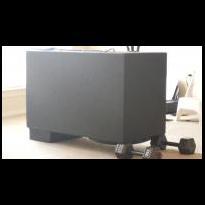why is "SQL" looked down upon, so much?
By
Gioia69, in General Audio
-
Recently Browsing 0 members
No registered users viewing this page.
-
-
Recent Topics
-
- 19 comments
- 344 views
-
- 3 comments
- 86 views
-
- 398 comments
- 33,776 views
-
- 4 comments
- 173 views
-
- 2 comments
- 745 views
-
- 5 comments
- 1,593 views
-
-
-
Recent YouTube Posts




